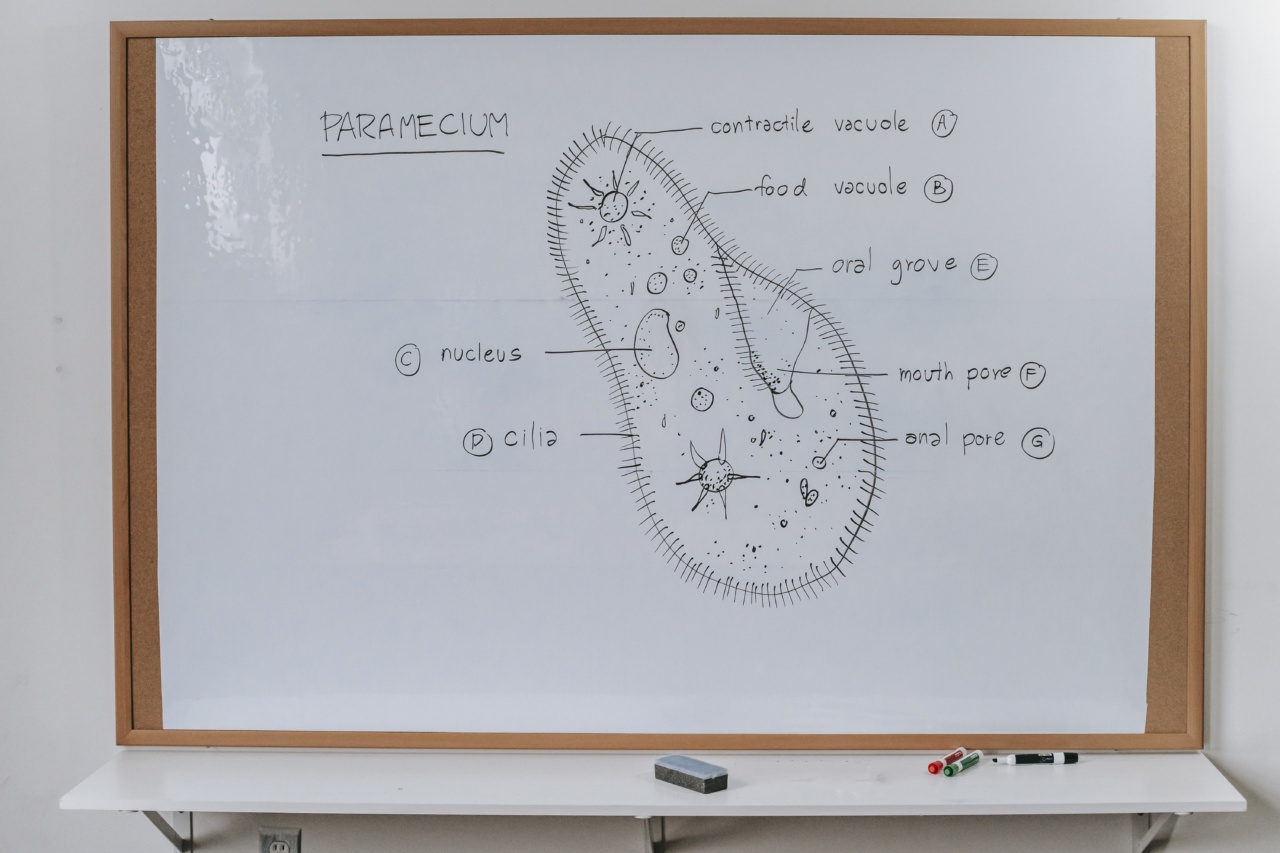Sickle Cell Anemia is a genetic disorder that affects millions of people worldwide. It is characterized by abnormally shaped red blood cells that can cause pain, organ damage, and an increased risk of infections.
While there is no cure for this lifelong condition, advancements in medical research have led to the development of various treatment methods to help manage the symptoms and improve the quality of life for patients.
Understanding Sickle Cell Anemia
Sickle Cell Anemia primarily affects people of African, Mediterranean, Middle Eastern, and South Asian descent.
The condition is caused by a mutation in the gene that determines the structure of hemoglobin, the protein responsible for carrying oxygen in red blood cells. This genetic mutation causes red blood cells to become rigid, sticky, and C-shaped, resembling a sickle, hence the name.
The abnormal shape of these sickle cells causes them to get stuck in small blood vessels, leading to a blockage of blood flow and reduced oxygen supply to various organs and tissues.
This can result in a range of complications, including severe pain crises, chronic fatigue, stroke, organ damage, and a weakened immune system.
Traditional Treatments for Sickle Cell Anemia
Historically, treatments for sickle cell anemia have focused primarily on managing the symptoms and preventing complications.
This includes pain management through the use of analgesics, hydration to promote blood flow, blood transfusions to increase the number of healthy red blood cells, and antibiotics to prevent infections.
Additionally, hydroxyurea, a medication that increases the production of fetal hemoglobin, has been widely used as a disease-modifying agent to reduce the frequency and severity of pain crises in patients.
Although these treatments have proven beneficial for many individuals, the search for alternative approaches that address the root cause of the disease is ongoing.
The Mediterranean Diet: A Promising Approach
In recent years, there has been growing interest in the potential of the Mediterranean diet as a therapeutic intervention for various chronic diseases, including sickle cell anemia.
The Mediterranean diet is a plant-based eating plan inspired by the traditional dietary patterns of countries bordering the Mediterranean Sea, such as Greece, Italy, and Spain.
This diet emphasizes the consumption of fruits, vegetables, whole grains, legumes, nuts, seeds, and olive oil, while limiting the intake of red meat, processed foods, and sweets.
It also includes moderate consumption of fish, poultry, and dairy products, as well as the occasional consumption of red wine.
The Benefits of the Mediterranean Diet for Sickle Cell Anemia
Recent research suggests that following a Mediterranean diet may help alleviate some of the symptoms associated with sickle cell anemia and improve overall well-being.
The key beneficial components of this diet in the context of sickle cell anemia include:.
1. Antioxidant-rich foods
The Mediterranean diet is abundant in fruits and vegetables that are loaded with antioxidants. These antioxidants help reduce inflammation and oxidative stress, which play crucial roles in the development and progression of sickle cell anemia.
By reducing these factors, the Mediterranean diet may help alleviate symptoms and promote better health outcomes for individuals with the condition.
2. Balanced micronutrient profile
The Mediterranean diet is rich in a wide range of vitamins and minerals essential for proper immune function, red blood cell production, and overall health.
Adequate intake of these micronutrients is important for individuals with sickle cell anemia who may have increased nutrient requirements and potential deficiencies. The Mediterranean diet can help meet these requirements naturally, thereby promoting better health and reducing the risk of complications.
3. Healthy fats
Another crucial aspect of the Mediterranean diet is the emphasis on healthy fats, mainly derived from olive oil and fatty fish such as salmon and sardines.
These fats are rich in omega-3 fatty acids, which have anti-inflammatory properties and may help improve blood flow, reduce pain, and protect against complications associated with sickle cell anemia.
4. Plant-based protein sources
The Mediterranean diet relies heavily on plant-based protein sources like legumes, nuts, and seeds.
These protein sources are not associated with the same burdens on the kidneys that can be seen with excessive intake of animal protein and may help maintain normal kidney function in individuals with sickle cell anemia. They are also high in fiber, which aids digestion and promotes better gut health.
5. Overall lifestyle factors
In addition to the specific dietary recommendations, the Mediterranean diet also encourages other healthy lifestyle behaviors, such as regular physical activity, maintaining a healthy weight, and moderate consumption of alcohol.
These factors have been shown to contribute to overall well-being and can have a positive impact on managing sickle cell anemia.
Promising Research and Evolving Treatment Approaches
While the Mediterranean diet shows promise in managing sickle cell anemia, it is important to note that it is not a standalone cure or replacement for traditional treatments.
However, ongoing research is shedding light on the potential synergistic effects of combining the Mediterranean diet with existing treatments, such as hydroxyurea.
Preliminary studies have suggested that a combination of a Mediterranean diet and hydroxyurea treatment may lead to improved outcomes in certain individuals with sickle cell anemia, reducing the frequency of pain crises and hospitalizations.
However, further large-scale clinical trials are needed to validate these findings and establish evidence-based guidelines.
Consulting a Healthcare Professional
If you or a loved one has sickle cell anemia and are considering incorporating the Mediterranean diet into your treatment plan, it is crucial to consult with a healthcare professional who specializes in the management of the condition.
They will be able to provide personalized guidance and ensure that any dietary changes complement your existing treatment regimen.
Conclusion
As research continues to explore new avenues for managing sickle cell anemia, the Mediterranean diet has emerged as a promising approach to improve symptoms and enhance overall well-being for individuals with this lifelong condition.
However, it is important to approach any dietary changes alongside the guidance of a healthcare professional to ensure its safe integration into an existing treatment plan.
By adopting a Mediterranean-inspired lifestyle, individuals with sickle cell anemia can empower themselves to take an active role in managing their health and potentially unlock the benefits of this holistic approach.





























